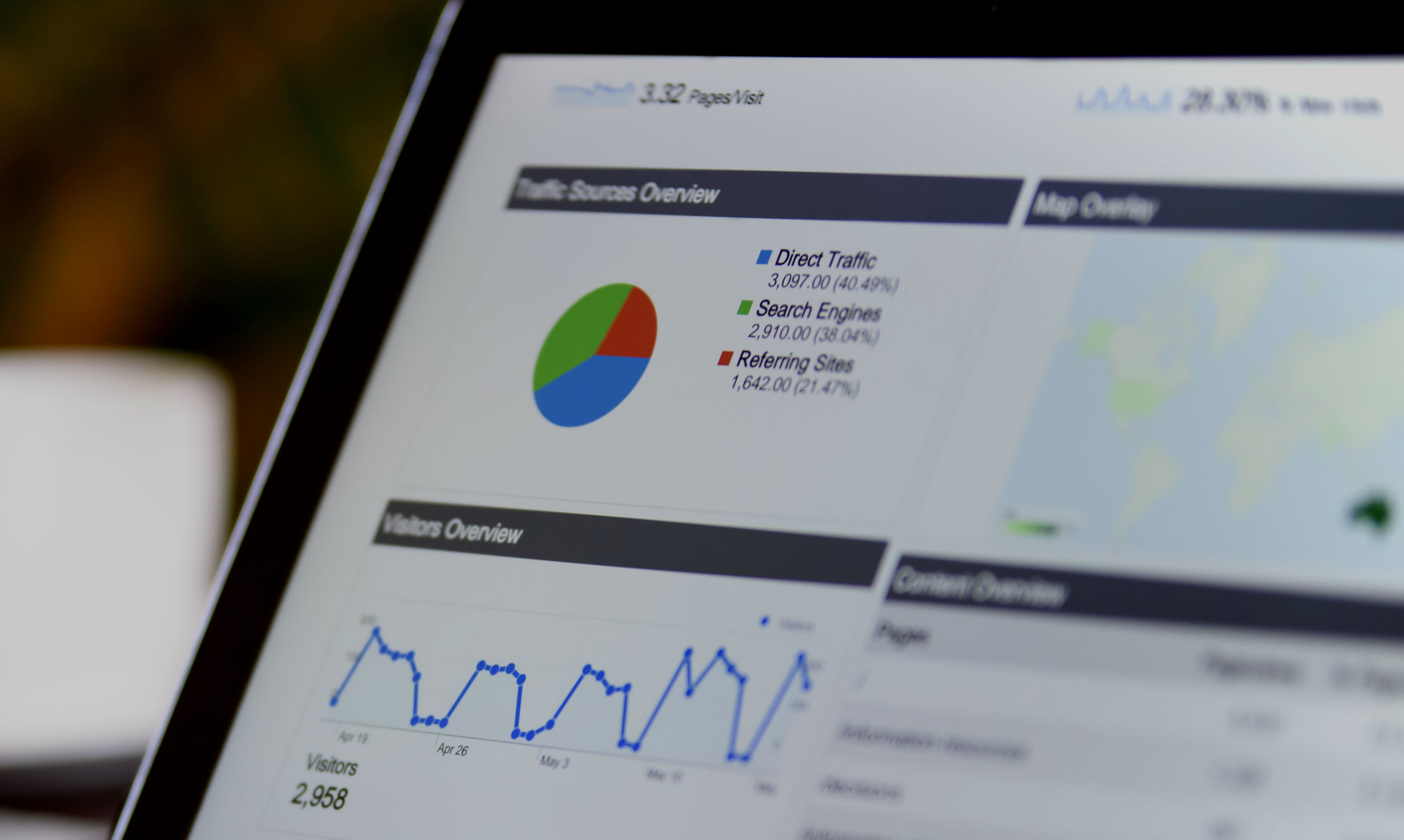You’re Doing Google Analytics Wrong
I’ve had a few conversations the last few months where someone told me that we couldn’t tag something a certain way because Google Analytics isn’t set up to do it that way. And no, I’m not talking about personally identifiable information here. You must be able to think outside the box and break free from what everyone else is doing to ensure you’re getting the most value out of your web data!
Event Tracking
“Action means an Action”
An “Action” was defined to me by the person I was chatting with as the ‘exact action the user takes’. Therefore all of his event actions were labeled as “Click”. My argument was; well, if the event fired didn’t they click? Why do you need to know that? Instead why not use the field to answer better questions, such as Page URL, Click URL, Button/Link Type, etc. See, Google Analytics Event Tracking allows you to put whatever you’d like in those fields (except only an integer for Value of course), so why not take advantage of the flexibility they are offering? How many reports will you pull to see “Event Action=Click” vs. “Event Action=Page URL”. With the former there is no actionable data, but the latter allows you to know which pages may be driving the most clicks. Again, there are a ton of different use cases here, but just don’t get bogged down into thinking you have to follow Google’s naming conventions as law.
Campaign Tracking Variables
“Cost Per Click Advertising”
Campaign Tracking Variables are tough ones, because they do inherently drive a lot of out of the box reports within GA. However, you’re not necessarily handcuffed, especially outside the Pay Per Click walls. For instance, we usually only tag PPC advertising with the “cpc” medium, which is what Google does out of the box. But AdWords is not the only “Cost Per Click” medium in the world. You might be using display ads or social feeds to drive visitors and every time they click you get charged. For me, I’d like to see them all differently as separate line times, so I create separate “Mediums” for them. But alas, grouping is not lost. If you’d still like the group them in an easy report BUT have the flexibility to see them separately Google offers you Custom Channel Groupings. This gem allows you to group inbound traffic in any way you see fit while not losing the granularity you might need to make very specific decisions. This doesn’t just apply to “Mediums” but all of the other ‘UTM’ variables Google provides.
So don’t let someone tell you that “Goofle doesn’t work that way”. It can and it will. Google Analytics is a tool for you to use as you see best to make actionable decisions for your website. Any time you go to tag something just ask yourself, “Will I ever make a marketing or design decision based on this field?” If the answer is no, then get granular!












